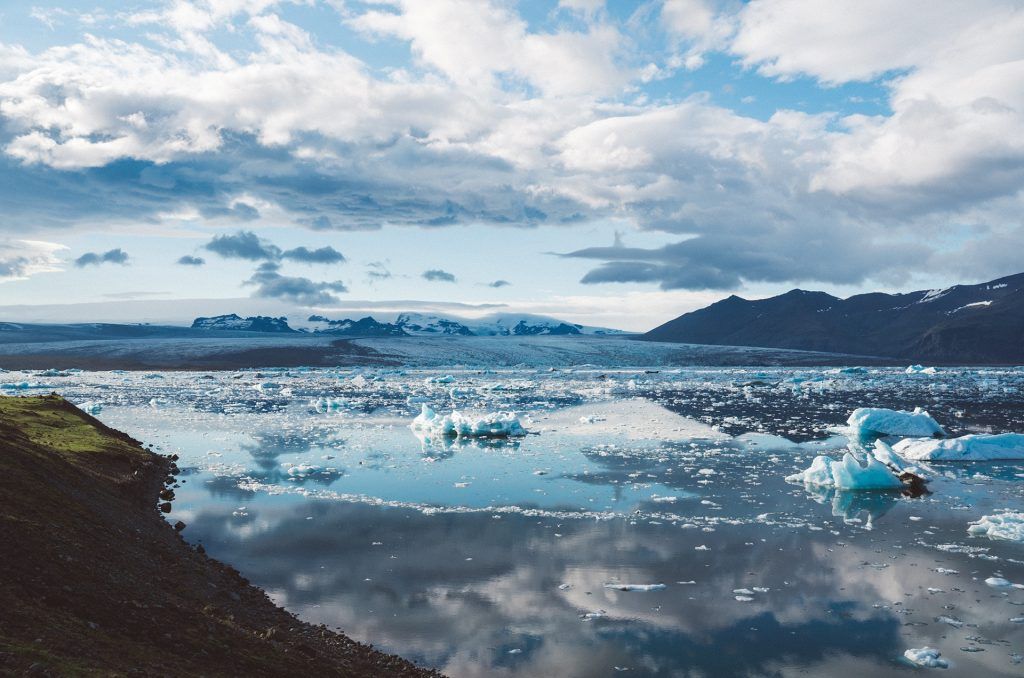All sea level is local
By J. X. Mitrovica, C. Hay, R. Kopp, M. Lickley | May 4, 2018
 Climate change - sea level iceberg glaciers melting
Climate change - sea level iceberg glaciers melting
When people read about climate change and sea level rise in the average mass-market, general-interest publication, they nearly always see references to “average global sea level rise” – for instance, that the worldwide average sea level rise will be about three feet (or six feet) by the end of this century. But what does that term really mean? And how useful is it for architects, city planners, businesses and local governments planning the latest bridge, highway, airport, seawall, or other infrastructure near the coast? Just how uniformly do the seas rise or fall? What geophysical processes come into play? And what are the consequences for, say, the east and west coasts of the United States, if all the ice melts on the far-away West Antarctic Ice Sheet? In September 2019, one of the authors of this article, J.X. Mitrovica, was awarded a MacArthur “Genius” Fellowship. So that everyone can read this brilliant piece in the subscription magazine, we’ve made it free-access through October 2019.
Together, we make the world safer.
The Bulletin elevates expert voices above the noise. But as an independent nonprofit organization, our operations depend on the support of readers like you. Help us continue to deliver quality journalism that holds leaders accountable. Your support of our work at any level is important. In return, we promise our coverage will be understandable, influential, vigilant, solution-oriented, and fair-minded. Together we can make a difference.














